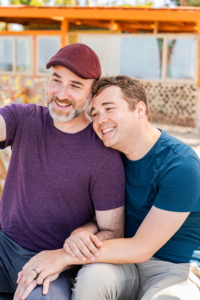Tisha B’Av and Self-Care
Since 2012, I have chosen to use Tisha B’Av to reflect on self-love and community care, partially because it was the first time I felt any meaning and partially because of the death of my friend at that time.
I spent the morning on the train from New York to New Haven and the afternoon at his wake. In my true, personal grief, I had no appetite. I know I wasn’t the only one there who hadn’t eaten all day, although my family was likely the only Jews. The other mourners did not know it was Tisha B’Av, did not understand the theological underpinnings I was feeling on that day. Still, we were one in our grief and mourning, and when many of us trooped across the parking lot to the Irish pub next to the funeral home (because that’s New Haven suburbs for you), I knew we were breaking our fasts together.
It was a moment of community care and collective mourning that if only my friend had access to, he may still be here.
Tisha B’Av (the 9th of the Hebrew month of Av) marks the date on which history tells us both Temples were destroyed in Jerusalem. The first Temple was destroyed by conquering Babylonians in 586 BCE, and the Second Temple was destroyed by the Romans (who had already occupied the land for some time) in 70 CE. As a Reform Jew, I do not mourn the Temple as the only tragedy. There are a litany of horrors that befell our people on or around this date in the ensuing millennia. The First Crusade in 1096, the Jewish expulsion from England in 1920, the Wannsee Conference in 1941, the expulsion from Spain in 1492 are only a few tragedies that began within a week of Tisha B’Av.
I studied genocide in my undergrad, so I feel a call to honor and commemorate all these pogroms and expulsions against our people throughout all of recorded history. In some ways, Judaism has been made more beautiful, diverse, and vibrant because of our diaspora and rabbinic texts, which would not have happened had the Temple been left intact.
There are two other themes of Tisha B’Av that have moved me to focus on self-love and community care during the holiday. Tisha B’Av is traditionally honored through communal prayer and fasting, yet it is not a chag (a holiday on which we refrain from work) like Yom Kippur. It is the only other 25-hour fast in the Hebrew calendar, and yet many more people will go to work or camp and about their daily business on this stringent fast day, at the height of the summer heat. I worry every year about the people making unsafe choices for their bodies, pushing beyond the regular discomfort of a fast into a dangerous territory of dehydration and heatstroke.
The other takeaway is we are taught that God sent the conquering armies as punishments for the sins of the Israelites, including their greed and corruption in how they treated one another. It makes sense that these behaviors – oppression, power imbalances, bigotry – that lead to community fractures would also lead the nation to be vulnerable to attack and destruction from outside forces. I appreciate the teaching against these behaviors, but I don’t love the collective Divine punishment aspect of the holy day. I do not believe and would not teach that people deserve pain, homelessness, grief, or death, even if they behaved in ways that might have contributed to those consequences. All people deserve safety and peace.
During my friend’s wake, I came to feel that in our mourning and reflections on baseless hatred on this day, we must include acknowledgment of the destruction we cause when we allow baseless hatred for ourselves.
Any self-hate is baseless. You are deserving of love. Your life has value. Your body needs care.
Tisha B’Av can be a time to fast if it is safe for you to do so. You can also call a friend or journal and take time to recognize the things you love about yourself and your community. Some Jews see this day as the start of the Teshuva (repentance) season that takes hold over the High Holy Days. I believe that we are better situated to make amends with others when we can feel comfortable with ourselves.
May you find community and strength, enduring love, and inner peace on this day of mourning.

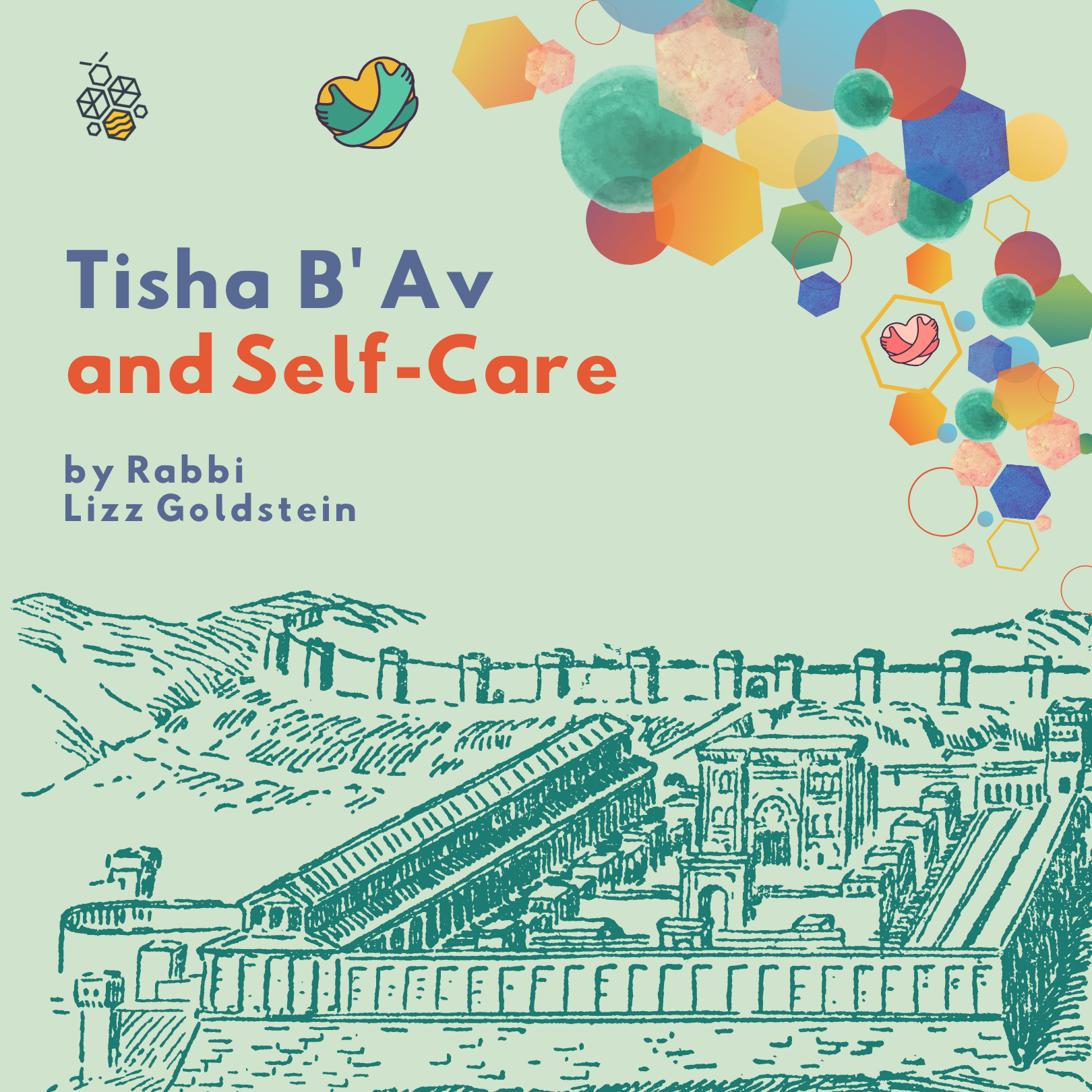


 Black, Jewish and Queer. These three identities weave the fabric of who I am, but it took a long time to believe that they could exist together.
Black, Jewish and Queer. These three identities weave the fabric of who I am, but it took a long time to believe that they could exist together.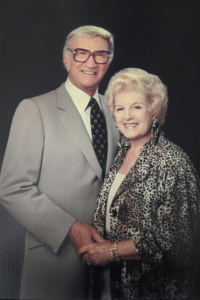 Lee and Toni Leichtag established the Leichtag Foundation in 1991 following the sale of their business. Lee and Toni were lifelong entrepreneurs with a passion for innovation and for supporting talent. They believed that only with big risk comes big reward. Both born to families in poverty, Toni to a single mother, they strongly believed in helping those most in need and most vulnerable in our community. While they supported many causes, their strongest support was for young children and the elderly, two demographics who particularly lack voice in our society.
Lee and Toni Leichtag established the Leichtag Foundation in 1991 following the sale of their business. Lee and Toni were lifelong entrepreneurs with a passion for innovation and for supporting talent. They believed that only with big risk comes big reward. Both born to families in poverty, Toni to a single mother, they strongly believed in helping those most in need and most vulnerable in our community. While they supported many causes, their strongest support was for young children and the elderly, two demographics who particularly lack voice in our society. Lifelong Baltimoreans, Rabbi George and Alison Wielechowski and their sons, 11-year-old Lennon and 9-year-old Gideon, are more than pursuing the good life in Southern California. Having moved to San Diego more than three years ago, they are fulfilling a lifelong dream.
Lifelong Baltimoreans, Rabbi George and Alison Wielechowski and their sons, 11-year-old Lennon and 9-year-old Gideon, are more than pursuing the good life in Southern California. Having moved to San Diego more than three years ago, they are fulfilling a lifelong dream.
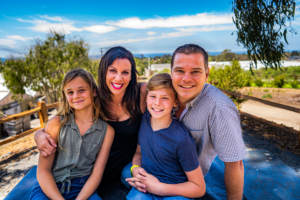
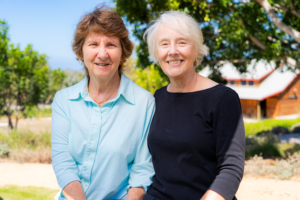


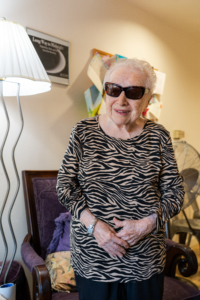
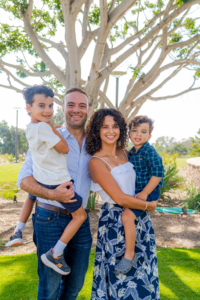
 You would think that as the executive director of San Diego LGBT Pride, Fernando Zweifach López Jr., who uses the pronoun they, has done all the coming out they possibly can. A queer, non-binary individual who has worked for many years on civil rights issues, López also speaks openly and often about their father’s family, Mexican-American migrant workers who tilled the fields of rural California.
You would think that as the executive director of San Diego LGBT Pride, Fernando Zweifach López Jr., who uses the pronoun they, has done all the coming out they possibly can. A queer, non-binary individual who has worked for many years on civil rights issues, López also speaks openly and often about their father’s family, Mexican-American migrant workers who tilled the fields of rural California. Stacie and Jeff Cook understand commitment. They live it.
Stacie and Jeff Cook understand commitment. They live it.